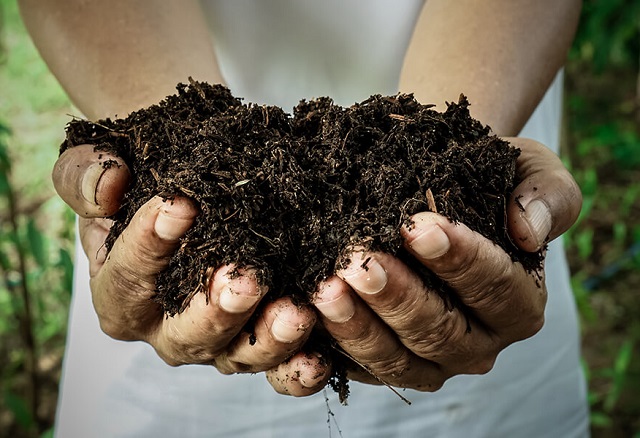Sri Lanka Agripreneurs’ Forum (SLAF) expressed grave concerns regarding the importation of a batch of contaminated organic fertilizer following confirmation from the Minister of Agriculture and National Plant Quarantine Services (NPQS).
SLAF said that an announcement from the NPQS officially confirmed that the samples of imported organic fertilizer from
China have been tested positive for gram-negative and gram-positive bacteria, as well as specific harmful
pathogens listed.
Gram bacteria are known pathological causes of disease in humans as well as plants. Such pathogens increase the likelihood of hazards during handling and there is a risk of water sources being contaminated by such harmful bacteria.
“According to the guidelines from the National Fertilizer Secretariat (NFS), the guidelines for importing any fertilizer including organic ones are clear – first samples of the fertilizer of choice need to be tested in Sri Lanka by Sri Lanka Standards Institute (SLSI) or SLSI advised testing lab. If the samples are declared clear, then the importer can progress towards importing commercial quantities, which will then again be subjected to further random testing to further establish purity and quality,” SLAF pointed out.
However, according to the Minister of Agriculture, even though the sample that’s already here in Sri Lanka was tested positive for contaminants, the commercial shipment would be cleared into the country and then go through further testing. Hence, Sri Lanka Agripreneurs’ Forum is deeply concerned that such breach of protocol could lead to the foreign microorganisms being released unwittingly to the environment, which could cause irreversible damage to our natural ecosystems with far-reaching implications for the agriculture sector.
Secondly, the Forum is concerned about the lack of disclosure and lack of stakeholders engagement by the authorities in this regard, beyond an acknowledgement that the samples contained contaminants.
“As this decision to bypass safety protocols impacts the whole country’s health and environment and over 30% of the population’s livelihoods in agriculture, SLAF would like to stress the importance of transparency to the relevant authorities, and note with concern the vagueness of the information shared,” it said.
Thirdly, according to the official statements, the Association noted that this individual sample of organic fertilizers was supposedly tested by a Chinese testing laboratory according to the mandate of SLSI. However, in subverting the nationally accepted standards of due diligence in Sri Lanka, this decision sets a dangerous precedent, where greater reliance is placed on dubious reports forwarded by suppliers from tests conducted by non accredited labs, which may not be independent. Therefore, SLAF questioned the approach of relevant authorities on accepting such unreliable test
reports submitted by the suppliers and then finding that the samples are contaminated once they arrive
at the port, only to let additional consignments to be dispatched to the country, despite the issues being
observed.

